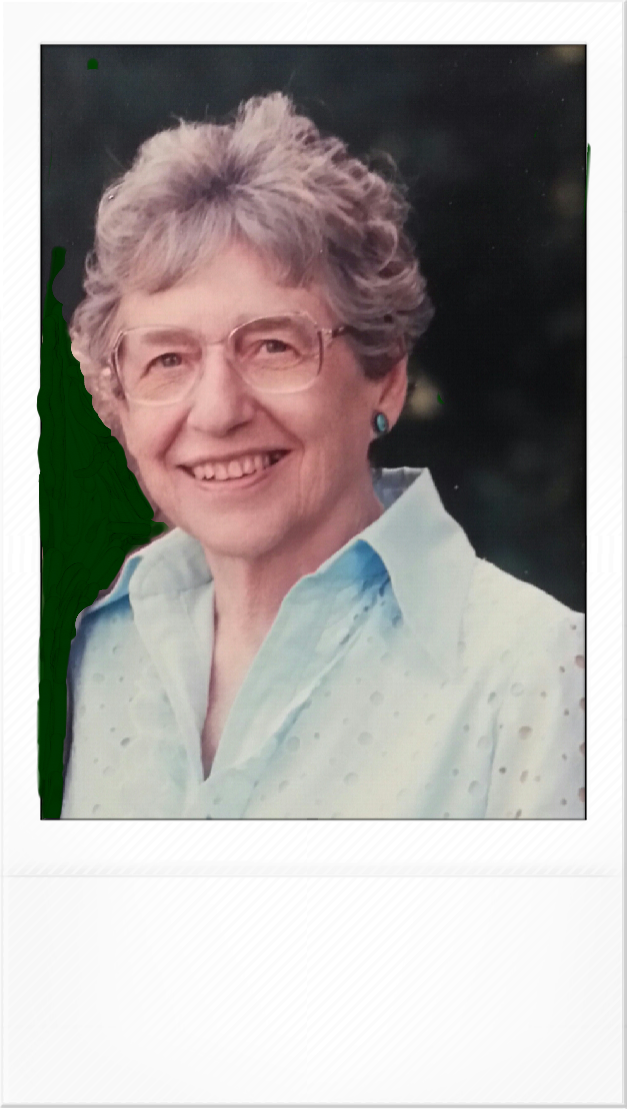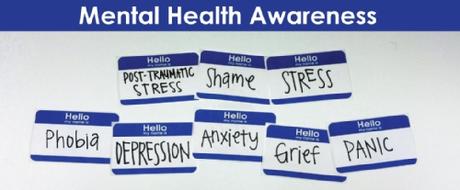
As we celebrate the holidays and coming new year, I am drawn to what Sander Pick, the son of Jessie Close, said during a speech a few years ago.
“I’ve always thought that the more sensitive a person is, the more susceptible they are to mental illnesses. A sick joke in our universe is that the more it allows a person to see its beauty and deep connectivity, the more difficult it becomes for that person to maintain good mental health.
“In our culture, we tend to treat this tradeoff with a fierce double standard. As long as they are sharing with us beautiful insights into humanity, we will love and cherish them as heroes, but if they fall into substance abuse, depression or any other form of mental illness, we tend to say, ‘It’s not our problem.’
“Classically, these are artists, musicians, writers, etc., but, of course, they come in all sorts, unsung or not. These people tend to add value and meaning to our lives. At their best, they are the types who make us laugh and cry, to learn and to take risks and to love. They are brave and it angers me that as a society, we abandon them when their skies darken.”
Merry Christmas and Happy New Year!



 12-12-14 FROM MY FILES FRIDAY ; On April 4, 2011, I wrote about warnings that might suggest someone you love is showing signs of an emerging mental disorder. Here’s a slightly edited version of “What Were the First Warning Signs.” Please share on my Facebook page helpful information from your own personal experiences that might help others.
12-12-14 FROM MY FILES FRIDAY ; On April 4, 2011, I wrote about warnings that might suggest someone you love is showing signs of an emerging mental disorder. Here’s a slightly edited version of “What Were the First Warning Signs.” Please share on my Facebook page helpful information from your own personal experiences that might help others. 


